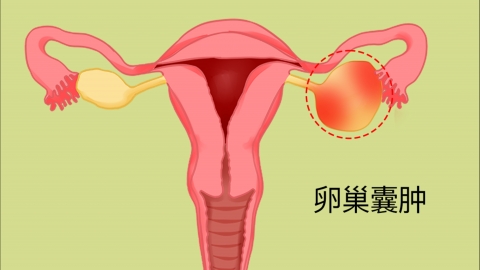Is it still possible for calcified ovarian cysts to disappear?
In general, whether ovarian cyst calcification can disappear depends mainly on the nature of the calcification and the type of cyst. If discomfort occurs, it is recommended to seek medical attention promptly. The specific analysis is as follows:

If the calcification in an ovarian cyst is mild and associated with a physiological cyst, and if the cyst itself is small and the body's metabolic functions are normal, the calcification may resolve spontaneously. Physiological cysts often regress naturally with hormonal fluctuations, and the associated calcification may gradually diminish or disappear during the absorption process of the cyst. Follow-up examinations may show a reduction or complete resolution of the calcified area.
However, if the calcification is associated with a pathological cyst, or if the calcification is extensive and dense, it will not resolve on its own. Pathological cysts typically do not regress spontaneously, and the calcification often results from aging, fibrosis of internal cyst structures, or characteristic features of tumor tissues. Such calcifications tend to persist long-term and require medical intervention to control cyst progression. The calcification itself is also unlikely to be eliminated through normal bodily metabolism.
In daily life, maintain a regular作息 (routine), avoid staying up late, and reduce metabolic stress on the body. Eat a balanced diet rich in nutrients, consume more fresh fruits and vegetables, and appropriately supplement vitamins and minerals to support normal bodily functions. Follow your doctor’s advice for regular ultrasound examinations to monitor changes in cyst size and calcification. Avoid strenuous exercise or abdominal trauma to prevent cyst rupture or torsion. Maintain emotional stability, avoid excessive anxiety, and seek medical care promptly if symptoms such as abdominal pain or bloating occur.




